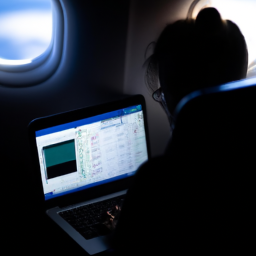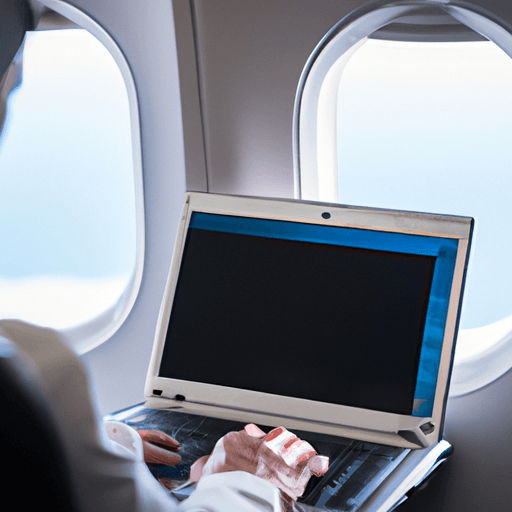186
Newsletter
Subscribe to our newsletter for exclusive content, latest news and trends, and exciting new features.
Tranding
Categories
Music and EntertainmentSports and fitnessPets and animalsBeauty and personal careScience and natureEnvironment and sustainabilityLiterature and writingEntertainmentHome and gardenGaming and esportsBusiness and entrepreneurshipArts and cultureEducation and learningHealth and wellnessFood and cookingTravel and tourism
LifestyleTechnology



















Comments
Leave a Comment